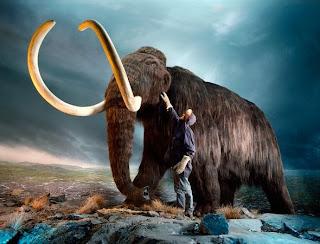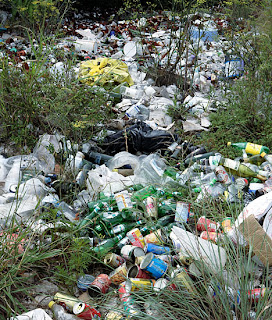Environmental Affects of Eating Animals
7.3 million people, or 3.2 percent of U.S. adults, follow a vegetarian-based diet. About 1 million people, or 0.5 percent, are vegans, who consume no animal products at all.
Being a vegetarian myself, I know all about it. My mom used to be vegan, so I know all about that, too. Vegetarians do not eat any meat while vegans don't eat any animal products at all, including dairy and eggs. One of the questions I get asked most often is "So, what do you eat?"
The answer to that is basically everything that isn't an animal. You can eat fruits, vegetables, grains, tofu, dairy, eggs, and everything that didn't have a face. There is also processed soy products like vegetarian sausage, bacon, burgers, and chicken.
Some people who eat animals probably don't even know exactly what they eat when they scarf down a hot dog. Most likely they think "I'm just eating meat" or "I'm just eating a hot dog". Yet little do they know that a typical hot dog is made up of:
Mechanically separated turkey, Pork, water, corn syrup, beef, salt, potassium lactate, sodium phosphates, flavorings, beef stock, sodium diacetate, sodium erythorbate, maltodextrin, sodium nitrate, and extractives of paprika.
 |
| Harris Ranch, a factory farm that raises cows for meat |
Go save the planet!


Comments
Post a Comment